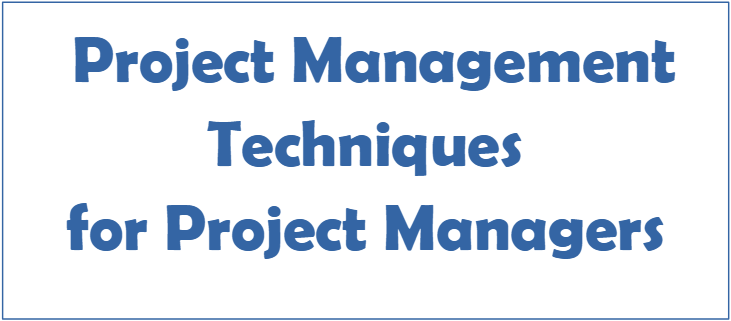Progress Management
What is progress management?
Progress management is to identify the gap between the progress of work/tasks and the work plan of a case or project.
Specifically, we hold a progress meeting to check the progress of team members’ tasks, and if there is a delay in the project, we will review the schedule and change them.
See also:
In general, progress management is often performed as one of quality control in the manufacturing industry and the IT industry that develops systems and applications.
Neglecting progress management can lead to project delays that result in missed deadlines and poor quality deliverables. That will result in extra labor costs and a loss of trust, leading to significant damage. Therefore, progress management is important for companies to increase their credibility and sales.
Easier to keep track of schedules and tasks
Progress management makes it possible to visualize the progress of individual team members’ tasks and the project’s overall progress.
If you feel that the progress of a visualized task is slow, you can address it by talking to your team members and asking them the reason for the delay. Also, if the entire project is experiencing delays, you can plan solutions such as reassigning tasks or replenishing personnel.
In addition, the ability to clarify task priorities leads to more efficient work, helps them understand the progress of other members’ tasks, which can help them better understand each other.
Early detection of issues
It is not uncommon for some problems or issues to arise in the course of a project. Progress management allows us to detect potential issues at an early stage.
For example, by communicating through progress meetings with team members, you will be able to understand the current problems you are facing and find out the potential issues that may arise in the future during the meetings.
Work becomes more efficient
Progress management allows you to prioritize tasks clearly so you can handle tasks efficiently.
It also has the advantage of making you more goal-oriented towards your tasks since your goals are visualized. Therefore, you will feel more responsible for your assigned tasks, and you will have a better awareness of time, which will help you complete your tasks more efficiently.
As a result, the entire team is more efficient and leads to the success of the project.
Causes of poor progress management
Even if you are managing your progress, you may not be able to move your project forward efficiently. The following are three common reasons why progress management does not work well.
- The definition of progress rate is unclear
- No sharing of information other than the progress rate
- Lack of trust within the team
The definition of progress rate is unclear.
If the definition of the rate of progress among the team is unclear, you and your team members will not know the level of progress rate.
For example, if you are thinking about the progress based on the man-hours of the project, you can grasp the accurate progress rate. However, if the progress rate is determined mainly on subjectivity, there is often no prospect to the goal.
As a result, the planned progress rate and the actual progress rate will be different. Then, at the end of the project, you may notice a problem and fall into a situation where you will not be able to meet the project’s delivery date.
No sharing other than progress rate
Sharing the progress rate indeed enables us to notice and deal with any delays in the project quickly. Also, when the progress rate is growing steadily, we tend to think that the project is progressing safely.
However, in addition to the progress rate, it is essential to know the physical condition of the team members whether any troubles have occurred to complete the project as planned.
Examples of problems include team members overworking and not being able to operate at the end of the project or not being able to grasp the issues they were having until the end of the project, resulting in miscalculations in the schedule. If this happens, it is hard to deliver the project on time.
Lack of trust within the team
If you don’t build a relationship of trust within the team, it will be difficult to ask questions you don’t understand or discuss trivial things easily.
It is said that human relationships are frequently mentioned as the reasons for retirement and job change. If the atmosphere of the team is not good, it will greatly affect your motivation to work. As a result, reduced motivation can lead to poor task progress and, in the worst case, withdrawal from the project due to retirement.
Summary
Progress management refers to grasping the gap between the progress of work and tasks of a project and a work plan.
The key points of progress management are defining the progress rate, regular progress meetings, and team atmosphere.

